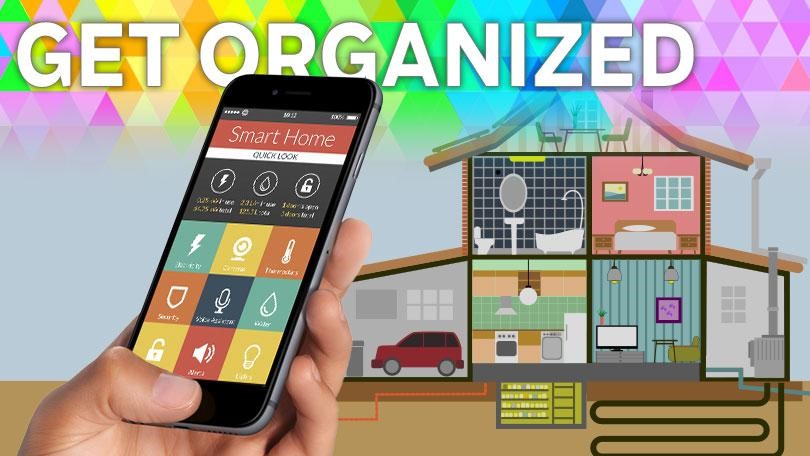
Among the big things to emerge from this year’s global consumer electronics and consumer technology tradeshow (CES) was the hint at the emergence of a universal language for the Internet of Things. Despite the prevalence of smart devices, there exists no universal language which would allow them to communicate with one another — until now.
Why is this important? While smart gadgets for the home and office provide value to the user, they initially lacked the ability to communicate with one another in most instances. This means that device makers are forced to choose a particular framework (Apple HomeKit, Amazon Alexa, etc.).
The delay in a common language exists in part because of a disagreement on how the industry might standardize. The Open Connectivity Foundation (OCF), which consists of a series of companies working in IoT, contains some of technology’s biggest names — Microsoft, Samsung, LG, Sony, Qualcomm — and was split on how to standardize. Over the past year, companies came together and are working toward a singular framework.
The OCF hopes that their joint effort will result in better products entering the marketplace. Eventually, products will share common functions and adhere to a certification process outlined by the group, who will begin working in both automotive and industrial applications. Once there are enough certified products, there will be a logo used, making them easily identifiable to consumers.
Users might expect to see an on/off function that works across all smart devices in a home, such as touch screens on one device triggering relevant functions on other devices (touching a screen on a refrigerator might activate an air conditioner, for example). There are implications for medical devices, too — blood pressure readings fed into a smartphone app that contains additional medical information.
While the idea of a common language for IoT is promising, there are obstacles left to overcome. Existing platforms from companies not associated with the OCF (Apple and Google, to name a few) are likely to object. Other companies have developed their own common language for their devices within a smart home, leaving device makers with decisions to make. For example, ZigBee, a stay in the smart home, developed its own common language. Despite it all, OCF remains optimistic that tech companies will see the value in free, open standards.
There may still be room for proprietary systems that control smart devices in a standard way instead of requiring makers of devices to add their own support. Still, the OCF maintains that players who participate in the push for a common language will do very well, leaving those who do not comply (because they believe their product will offer competition) in the dust.
Source: Fastcompany
Advertisement
Learn more about Electronic Products Magazine





